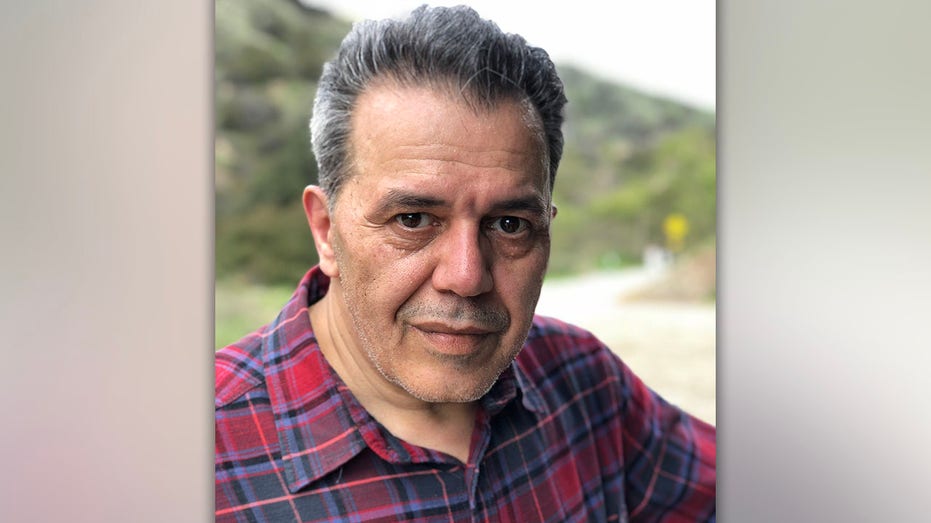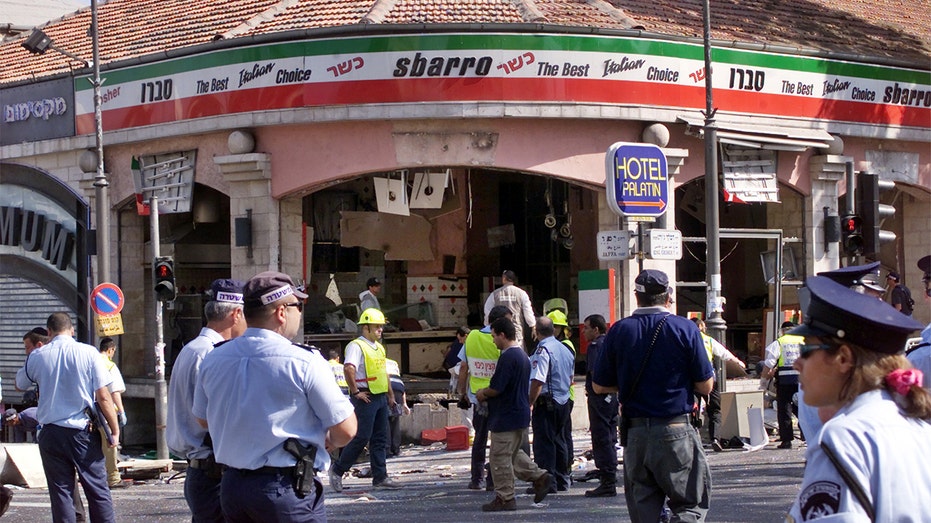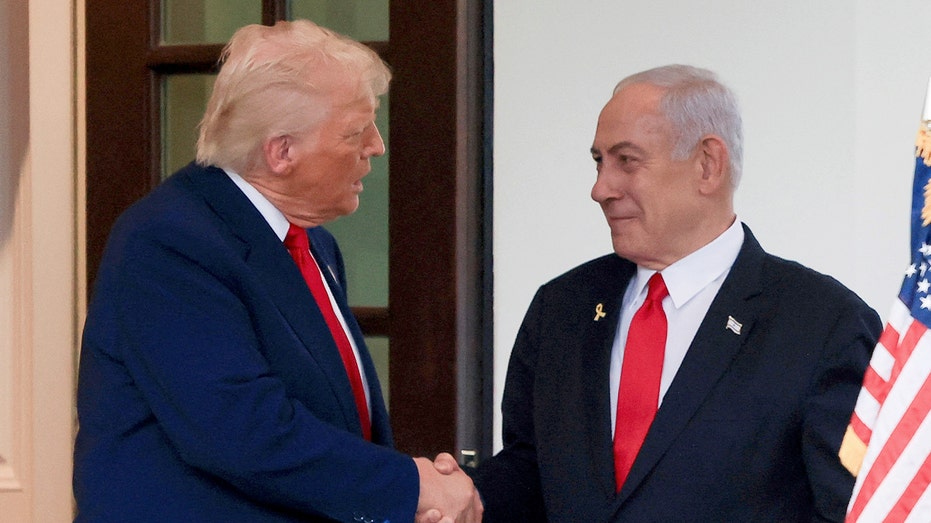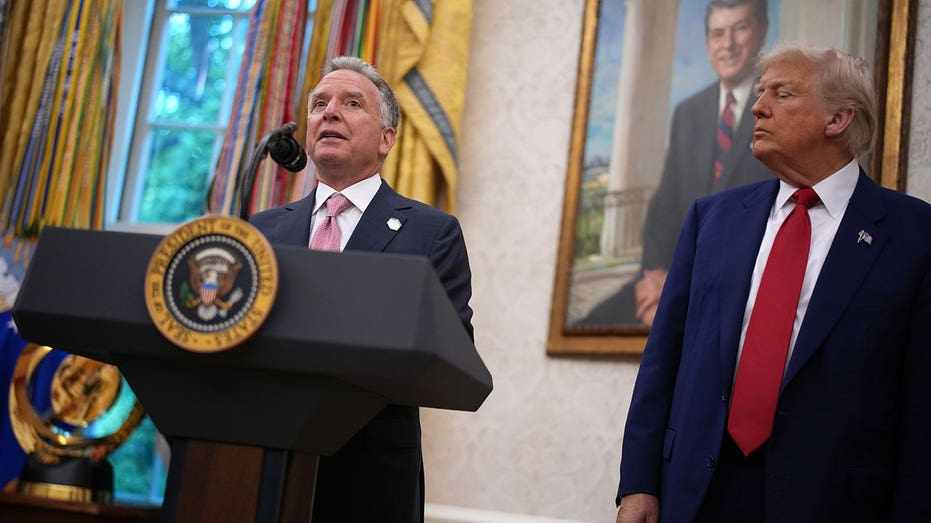Daughter of German-American Dissident Mutilated by Iran Urges Trump to End Nuclear Talks

Sarah Johnson
April 18, 2025
Brief
Gazelle Sharmahd urges the Trump administration to halt nuclear talks with Iran after her journalist father, Jamshid Sharmahd, died in Iranian custody, highlighting torture and diplomatic failures.
The daughter of Jamshid "Jimmy" Sharmahd, a German-American journalist who died in Iranian custody with his body returned mutilated, made a heartfelt plea on Sunday for the Trump administration to halt nuclear negotiations with Iran.
Sharmahd, 69, was a California resident kidnapped during a business trip to the United Arab Emirates in 2020 and subsequently taken to Tehran, where he was executed in October amid ongoing tensions between Iran and the West. His daughter, Gazelle Sharmahd, revealed to Fox News Digital the grim reality of his return, describing his body as bearing harrowing signs of torture.
"I traveled to Berlin with my family not to reunite with my father after five years of torment under these terrorists, but to receive his mutilated body in a box," Gazelle stated. She condemned the regime for inflicting more than 1,500 days of physical and psychological torture on her father while both the U.S. Biden administration and Germany stood by without effective intervention. Even after death, his organs were cruelly removed, she emphasized.
An autopsy reportedly confirmed that vital organs such as his tongue, larynx, thyroid, and heart were missing, and only two teeth remained. Such grim details underscore the brutal treatment Sharmahd endured.
Having previously lobbied the Biden administration to secure her father’s release with no success, Gazelle urged that the United States and Germany should reconsider engaging with a regime capable of such atrocities. She pointedly remarked on the stark irony of negotiating with the very government that returned her father’s body in pieces.
The Trump administration, meanwhile, began indirect nuclear talks with Iran’s clerical regime in Oman on Saturday—a location connected to Sharmahd’s kidnapping ordeal—highlighting the delicate and complex nature of these diplomatic efforts amid escalating tensions.
Sharmahd was known as a staunch critic of the Tehran regime and was considered an American national according to the Levinson Act, which extends U.S. protections to lawful permanent residents with strong ties to the country. This law also honors Robert Levinson, a retired FBI agent who disappeared in Iran in 2007 and was later declared dead in custody, its family blaming Tehran for his imprisonment.
Gazelle called on FBI Director Kash Patel and German officials to open a full investigation into her father’s murder and to issue arrest warrants for the Iranian officials responsible for his execution. This call to justice was echoed by the German-Iranian human rights activist Behrouz Asadi, who urged prosecutors to hold those responsible in Iran accountable.
Jason Poblete, the family's lawyer, condemned the murder as a brutal act by a regime acting without consequence, also criticizing systemic failures by both the U.S. and Germany for not doing enough to prevent such tragedy. He urged the public and media to remember Jimmy Sharmahd and prioritize the safety of U.S. nationals abroad in hostage situations.
Looking ahead, Gazelle expressed hope that Germany’s prospective chancellor Friedrich Merz and President Donald Trump would adopt a tougher stance against Iran and similar terrorist regimes than their predecessors. She highlighted Trump’s campaign promises to stand with hostages and confront jihadist groups including the Iranian regime.
Topics
Editor's Comments
It's chilling to see diplomacy tangled with such heartbreaking human costs. Gazelle’s call exposes a grim reality: international politics often overlooks personal tragedies in pursuit of geopolitical goals. Sometimes, the personal voices remind us what’s really at stake behind the negotiations—and that’s something no negotiator should ignore.
Like this article? Share it with your friends!
If you find this article interesting, feel free to share it with your friends!
Thank you for your support! Sharing is the greatest encouragement for us.



